The Global Inclusive Growth Partnership, a collaboration between the Mastercard Center for Inclusive Growth and the Aspen Institute, selected four Aspen Global Leadership Network (AGLN) Fellows as the recipients of the 2024 – 2025 Global Inclusive Growth Spark Grants. The Spark Grants are designed to catalyze new models of inclusive economic futures for all. This year’s extraordinary application pool highlighted the remarkable ingenuity of AGLN Fellows, reaffirming the network’s unwavering commitment to be a force for good.
Out of this impactful group of candidates, four organizations led by AGLN Fellows from around the world were awarded a total of $60,000 to further ignite their impact. Congratulations to the following Fellows and their teams for advancing sustainable and equitable economic growth (pictured from left to right below):
- The Design and Technology Institute (DTI), led by Constance Elizabeth Swaniker (Africa Leadership Initiative – West Africa) | Ghana
- LocalCode, led by Jeffrey Mendelsohn (Henry Crown Fellowship) | United States
- Karo Sambhav, led by Pranshu Singhal (Kamalnayan Bajaj Fellowship) | India
- WËIA, led by Javier Perez Burgos (Aspen Institute Colombia Fellow) | Colombia and Latin America
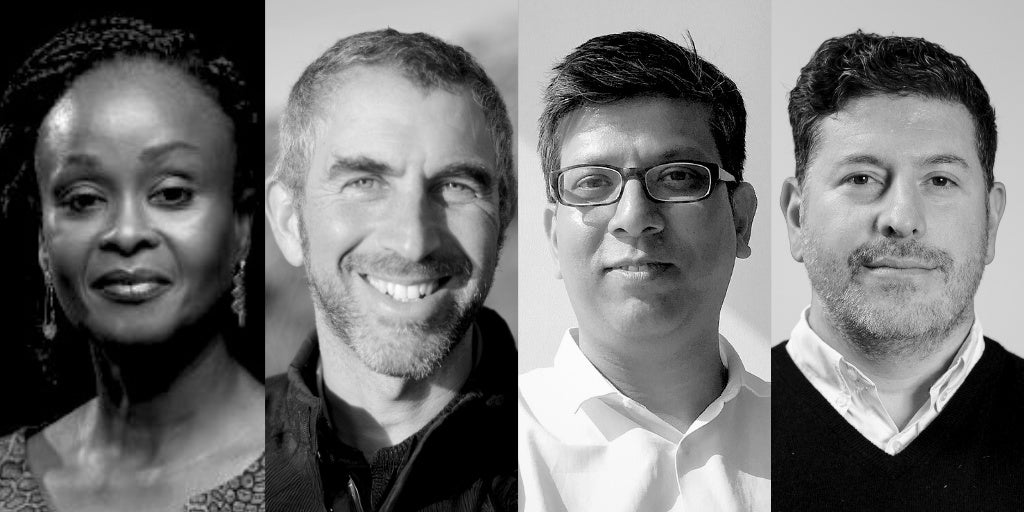
Their work tackles issues fundamental to inclusive growth including supporting wealth building through real-estate ownership, expanding access to training and jobs for underrepresented and youth communities, and fostering economic and climate resilience. The creative and innovative ventures are at a critical stage poised for greater impact in the future.
The Fellows leading these organizations join a community of Spark Grant Awardees building solutions to advance economic inclusion and challenge structural inequities around the world. Since its inception in 2020, Spark Grants have supported 22 AGLN Fellows. As we celebrate the initiative’s final year, we honor the impactful partnership between the Mastercard Center for Inclusive Growth and the Aspen Institute that has empowered Fellows to drive innovative solutions for building inclusive and equitable economic futures for all.
Read more about the 2024-2025 Global Inclusive Growth Spark Grants recipients below and join us in celebrating their leadership.

The Design and Technology Institute (DTI) | Ghana
The Design and Technology Institute (DTI), founded by Constance Elizabeth Swaniker, addresses a critical challenge: providing equitable access to quality vocational training for Africa’s growing youth population. With 21.9% of African youth disengaged from education, employment, or training, DTI created a holistic, competency-based vocational education emphasizing practical learning in precision welding, fabrication, design innovation, and entrepreneurship. By aligning its curriculum with international standards, DTI equips young people with globally recognized certifications to enhance employability and competitiveness, preparing them to meet the demands of a global workforce.
DTI has already made significant strides. Its Precision Quality (PQ) training has created over 30,000 work opportunities and trained thousands of craftsmen and SMEs nationwide, contributing to Ghana’s National Quality Policy. Looking ahead, DTI envisions a transformative 12-acre campus by 2028, accommodating 1,500 learners and nurturing world-class artisans and innovators empowered to build a sustainable and inclusive future.
dtiafrica.com | LinkedIn | Instagram | Facebook

LocalCode | United States
Real estate development in the US has long perpetuated inequalities, particularly in communities of color. In Kansas City, for example, systemic disinvestment has left Black residents on the Eastside facing significant economic challenges. Jeffrey Mendelsohn, founder of LocalCode, is breaking this entrenched paradigm by helping low-income communities build wealth through local ownership of real estate.
LocalCode empowers local leaders to drive real estate projects that prioritize local ownership and community wealth-building. By providing tools, mentorship, and mission-aligned financing, LocalCode helps local developers create mixed-use spaces that are designed to serve the community, promote sustainable growth, and prevent displacement. Their approach transitions 80%+ of ownership to local hands, fostering long-term economic resilience. LocalCode Kansas City (LCKC) is already mobilizing $177 million for development projects, with plans to invest $1 billion into the Eastside over the next generation.
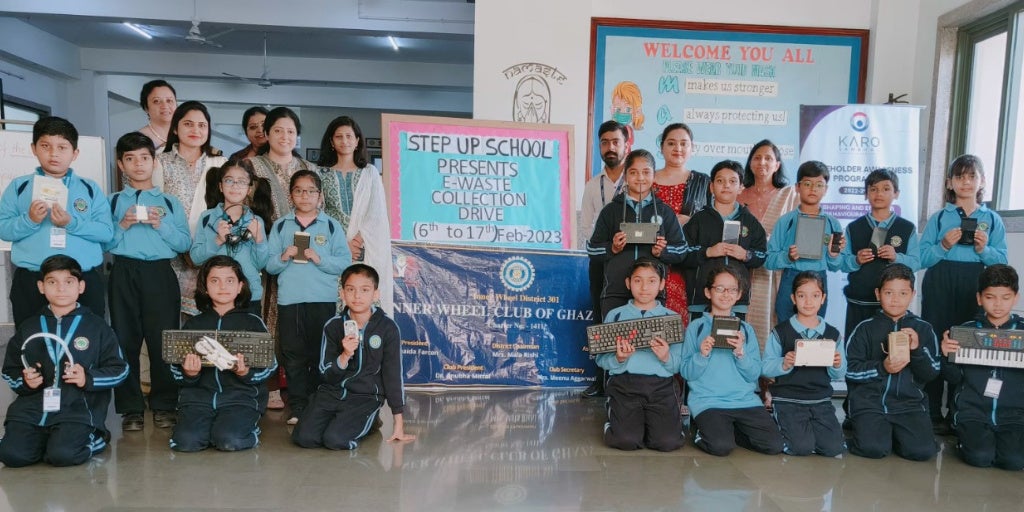
Karo Sambhav | India
India is the third-largest producer of e-waste, generating around 4.1M tons annually, with over 95% processed through informal and unsafe methods. This results in the loss of critical raw materials and significant risks for workers. In response, Pranshu Singhal founded Karo Sambhav, Hindi for “make it possible”, to drive a movement for responsible, scalable, and circular approach to e-waste recycling. By partnering with retailers, repair shops, schools, offices, and entrepreneurs, the company has built accessible collection systems that empower citizens to responsibly dispose of electronics. These efforts foster trust in recycling while ensuring safety and accountability.
Central to Karo Sambhav’s impact is its decentralized approach, which includes small-scale recycling units and collaboration with academic institutions to recover raw materials like neodymium, indium, and copper—key for a net-zero future. With more than 2,000 partners, Karo Sambhav has recycled over 4,000 metric tons of e-waste, offsetting 5,600 metric tons of CO2 emissions and providing secure, formal employment for over 100 former informal workers. By advancing recycling technologies and focusing on critical material recovery, Karo Sambhav is aiming to accelerate the shift toward a sustainable, circular economy at scale.
karosambhav.com | LinkedIn | Instagram | Facebook
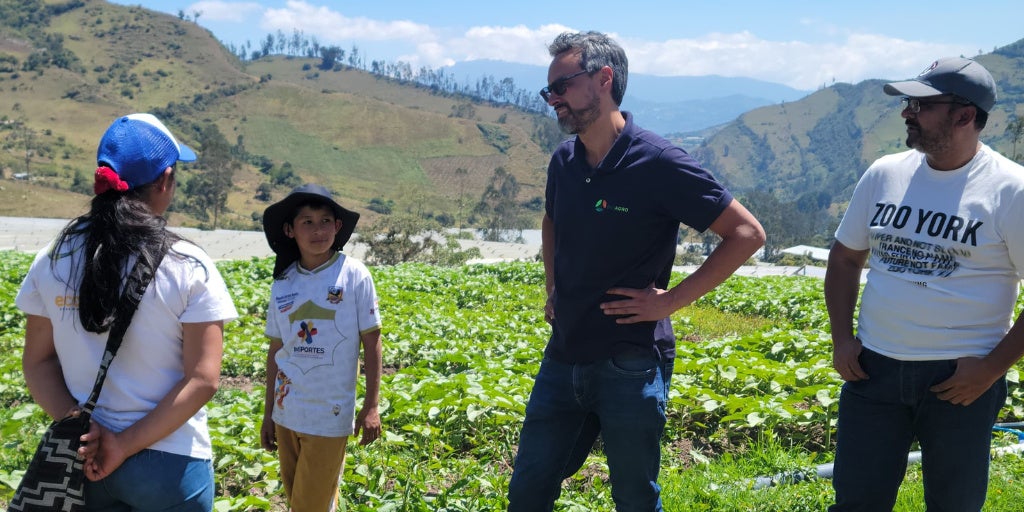
WËIA | Colombia and Latin America
Javier Perez Burgos founded WËIA with a powerful mission: to tackle the critical challenges that smallholder farmers in Colombia and Latin America face every day. With 86% of farmers working informally and 78% of the rural population unable to access credit, these farmers are often trapped in a cycle of financial exclusion and poverty. They struggle to afford the inputs they need for their crops and miss out on opportunities to grow their income.
Enter WËIA’s game-changing solution: the “Farm Now, Pay Later” (FNPL) model. By leveraging blockchain technology, WËIA offers farmers a way to access high-quality agricultural supplies on credit, with payment due only after harvest. This innovative approach not only boosts financial inclusion, but also helps farmers increase their productivity—by an impressive 6% on average—while promoting sustainable farming practices. Since its launch in 2023, WËIA has already provided $410,000 dollars in FNPL loans, giving farmers the tools they need to thrive. Looking ahead, WËIA envisions a future where smallholder farmers are empowered with technology, innovation, and finance in order to adapt to climate challenges, and create sustainable agricultural practices that can transform the region.
weia.com.co | LinkedIn | Instagram | Facebook
About the Global Inclusive Growth Partnership
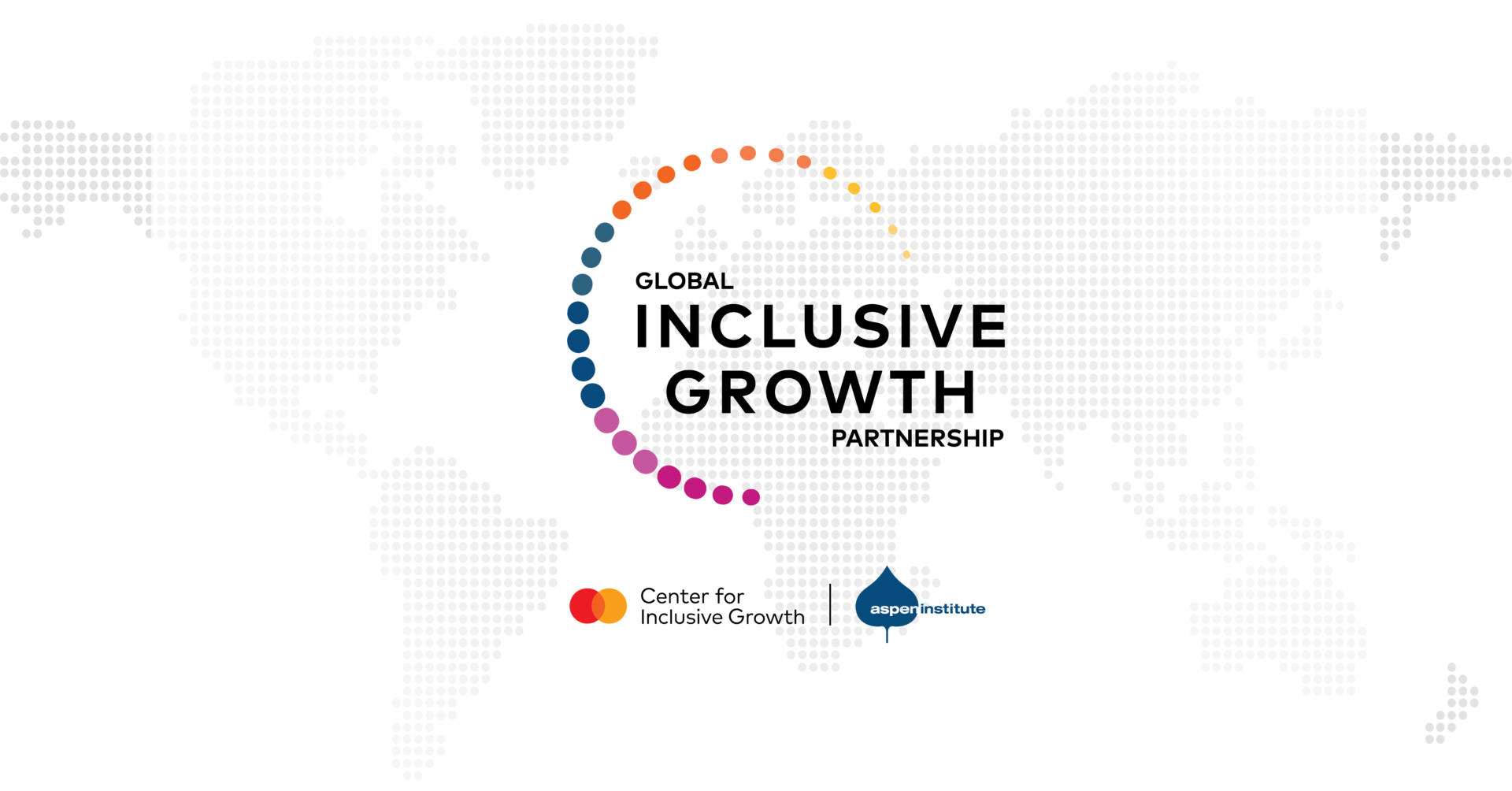
Launched in October 2019 with an inaugural summit, the Global Inclusive Growth Partnership (GIGP) combines the expertise and networks of both the Aspen Institute and the Mastercard Center for Inclusive Growth to address systemic issues across a range of topics including financial security, the future of workers and portable benefits, growing micro and small businesses, and commercially-sustainable social impact. Through research, synthesis, and convenings, GIGP aims to catalyze new partnerships and shine a spotlight on innovative, data-driven, and scalable solutions to build a more inclusive and resilient economy for all.
About the Mastercard Center for Inclusive Growth

The Mastercard Center for Inclusive Growth advances equitable and sustainable economic growth and financial inclusion around the world. The Center leverages the company’s core assets and competencies, including data insights, expertise, and technology, while administering the philanthropic Mastercard Impact Fund, to produce independent research, scale global programs, and empower a community of thinkers, leaders, and doers on the front lines of inclusive growth. For more information and to receive its latest insights, follow the Center on LinkedIn, Instagram and subscribe to its newsletter.
About the Aspen Global Leadership Network’s (AGLN)
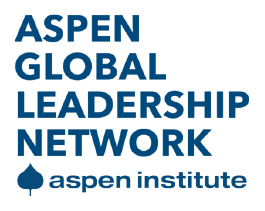
The Aspen Global Leadership Network develops authentic, high-integrity leaders committed to proactively confronting societal challenges, individually and collectively, in order to create a more just, free, and equitable society. The network has fostered a worldwide community of nearly 4,000 high-integrity, entrepreneurial leaders from business, government, and the nonprofit sector in more than 60 countries. Because of their demonstrated accomplishments and abilities, they have been selected to join one of 14 geographic or sector-specific AGLN Fellowships around the world. The AGLN is committed to moving these leaders from “success to significance” by spurring them to take action on some of the world’s most pressing problems. For more information, visit agln.aspeninstitute.org.

